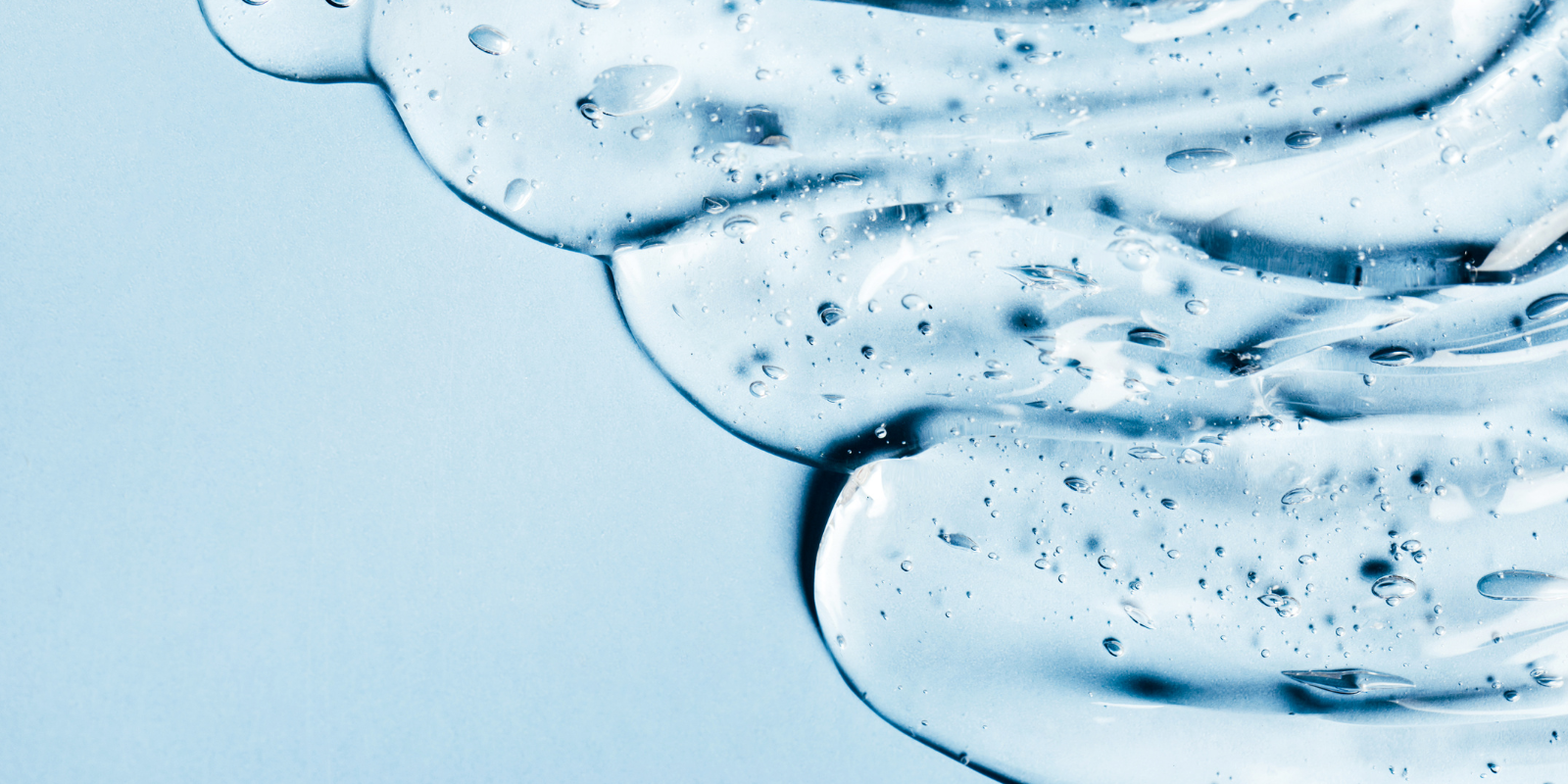Acne
Ingredients To Look Out For
Salicylic Acid
What Is It
How To Use It
Who Can Use It
Side Effects
Works Well With
Hyaluronic Acid
What Is It
How To Use It
Who Can Use It
Side Effects
Works Well With
Shop Acne
Sorry, there are no products in this collection


